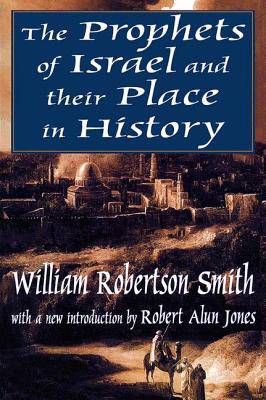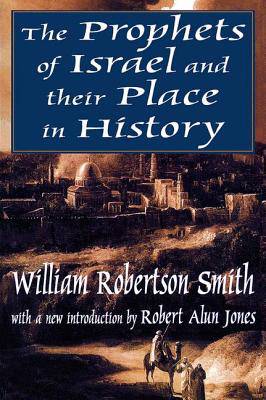
- Afhalen na 1 uur in een winkel met voorraad
- Gratis thuislevering in België vanaf € 30
- Ruim aanbod met 7 miljoen producten
- Afhalen na 1 uur in een winkel met voorraad
- Gratis thuislevering in België vanaf € 30
- Ruim aanbod met 7 miljoen producten
Zoeken
€ 97,95
+ 195 punten
Uitvoering
Omschrijving
In the history of nineteenth-century religious thought, William Robertson Smith occupies an ambiguous position
Specificaties
Betrokkenen
- Auteur(s):
- Uitgeverij:
Inhoud
- Aantal bladzijden:
- 568
- Taal:
- Engels
Eigenschappen
- Productcode (EAN):
- 9780765807489
- Verschijningsdatum:
- 31/03/2001
- Uitvoering:
- Paperback
- Formaat:
- Trade paperback (VS)
- Afmetingen:
- 152 mm x 230 mm
- Gewicht:
- 879 g

Alleen bij Standaard Boekhandel
+ 195 punten op je klantenkaart van Standaard Boekhandel
Beoordelingen
We publiceren alleen reviews die voldoen aan de voorwaarden voor reviews. Bekijk onze voorwaarden voor reviews.








